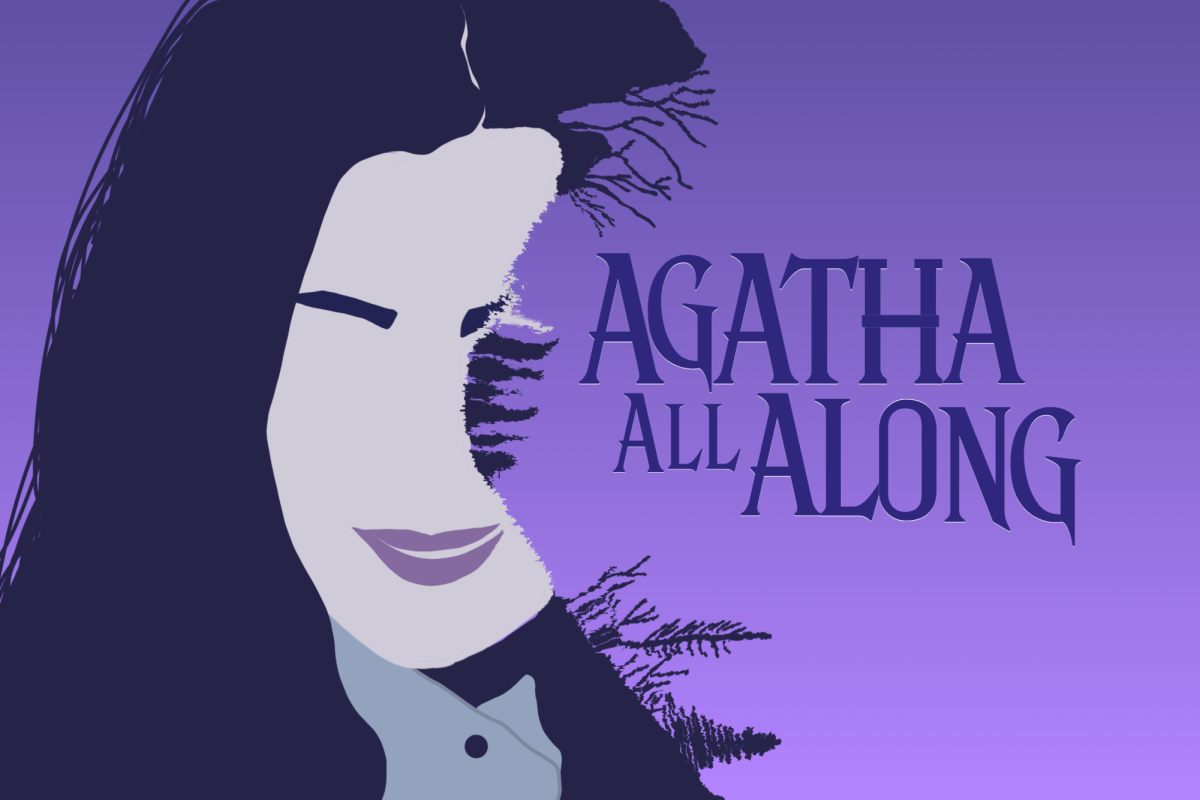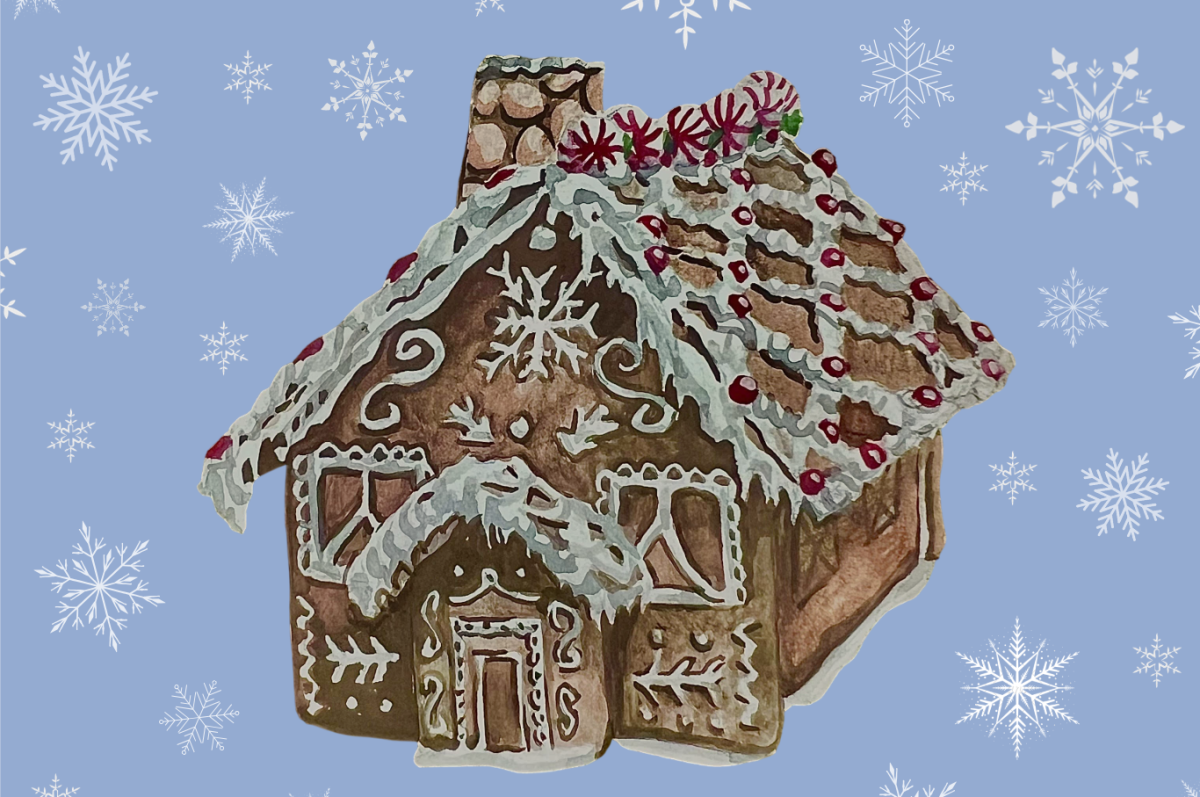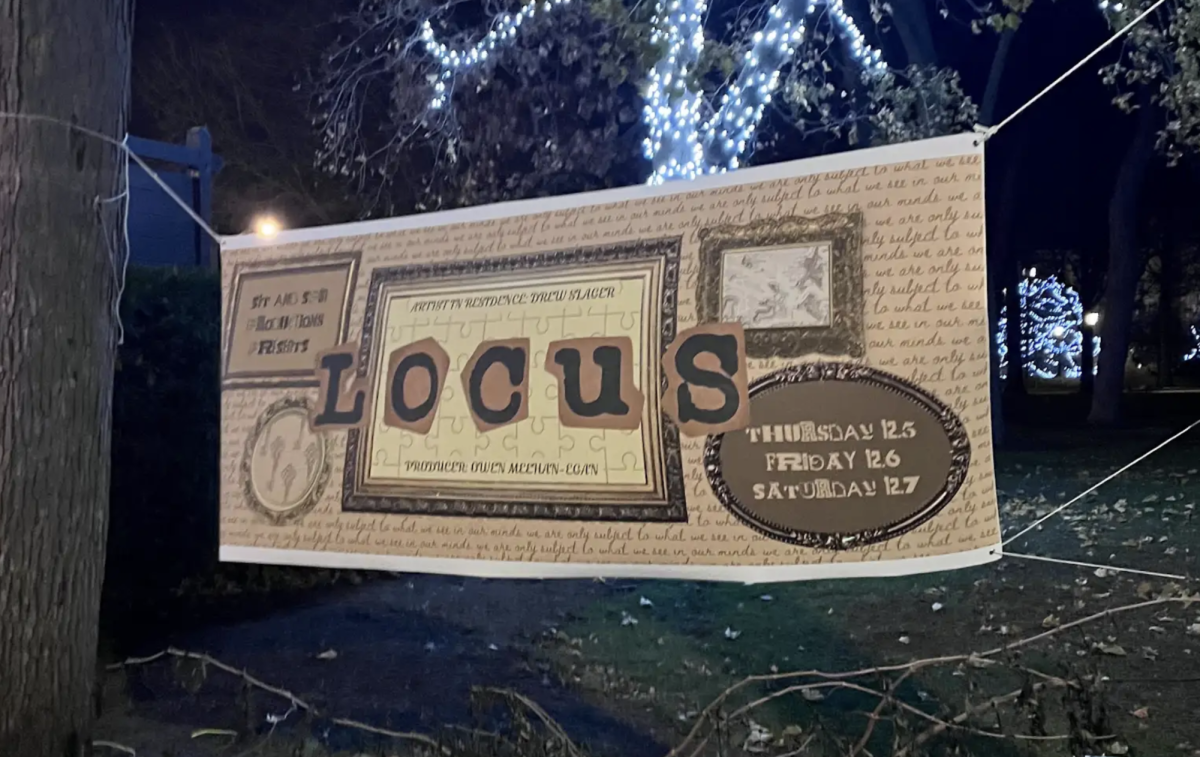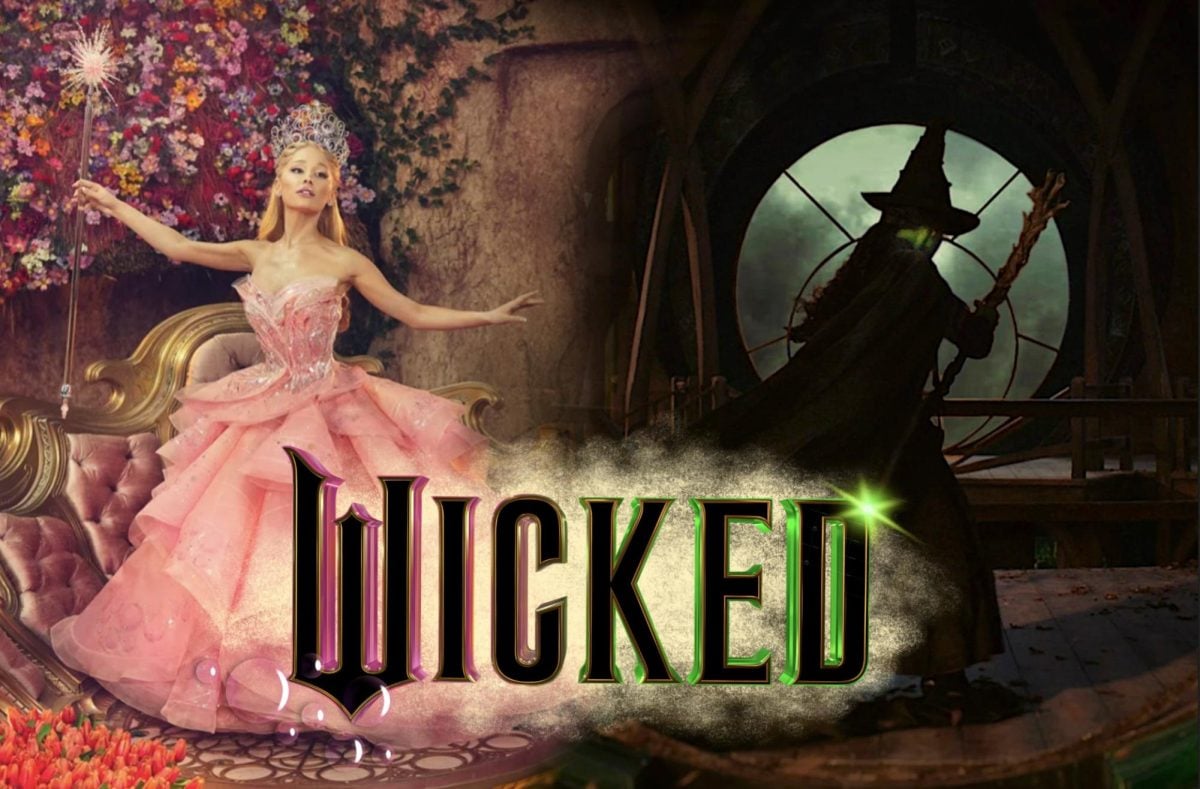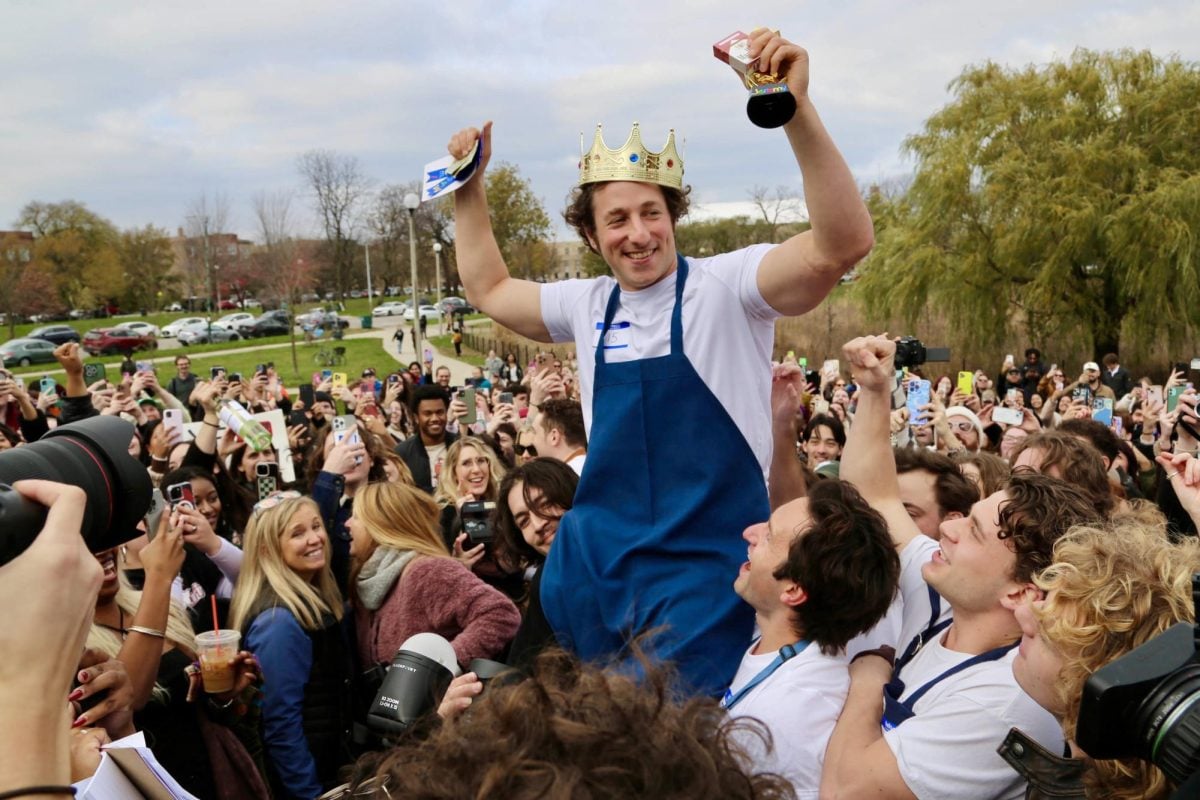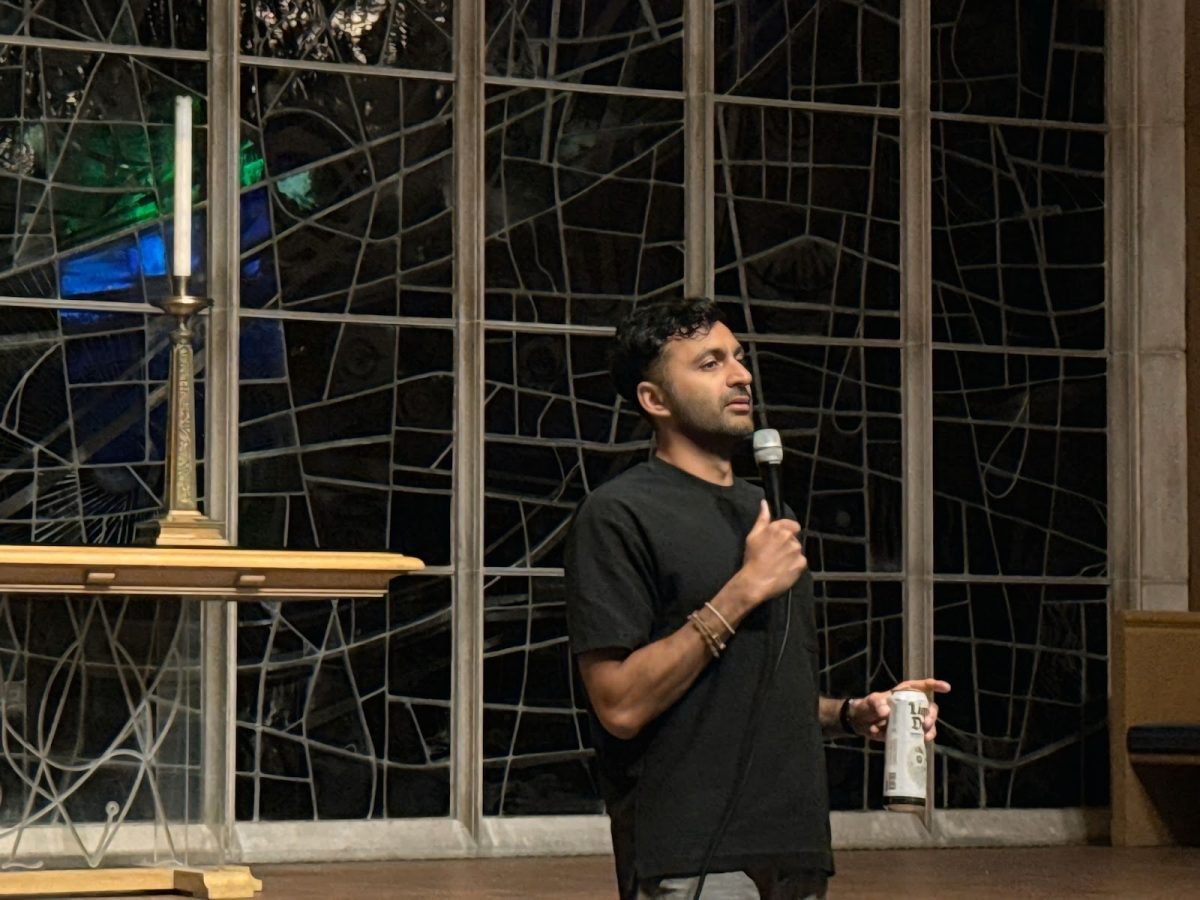This review contains spoilers.
Departing from its superheroes, Marvel’s newest Disney+ show “Agatha All Along,” starring Kathryn Hahn (Communication ’95), takes the audience on an enthralling journey down the Witches’ Road, delving into the lore and culture of witchcraft.
“Agatha All Along” serves as a sequel to the Disney+ show “WandaVision.” It focuses on the powerful witch Agatha Harkness, whom Wanda Maximoff once defeated. Now seeking to regain her powers, Agatha sets out to walk the Witches’ Road with a coven, enduring the trials of the mysterious path in hopes of each fulfilling their deepest wishes.
Marvel’s most budget-friendly show to date, the show opts for character-driven storytelling over galactic battles. It presents escape room-style trials that illuminate each witch’s backstory and strengthens the coven’s bonds.
The show’s highlight is its celebratory and groundbreaking portrayal of middle-aged and older women. Gone are the days where female superheroes are portrayed as pretty girls in their early 20s donning skin-tight costumes. The show comprises an entire female cast; the sole male role is Teen (Joe Locke). The show also doesn’t follow in Marvel’s footsteps by casting younger actresses; in fact, the youngest of the female cast members is 38-year-old former Saturday Night Live comedian Sasheer Zamata.
In the world of “Agatha All Along,” age is a strength rather than a barrier, signifying wisdom and experience. While societal standards emphasize youth and beauty in women, these witches are valued for their depth and power. For instance, the second episode features Lilia (Patti LuPone) taking offense to Agatha when she guesses her age too low: a refreshing subversion of the cultural taboo around women’s age that also ties to witchcraft’s long history of vilifying powerful older women.
The show’s inclusivity extends to its casual, non-centralized queer representation. Other than queer characters and relationships being an important part of the show, the coven members nonchalantly discuss their attraction to women. This creates a matter-of-fact portrayal of queer identities as they manifest in daily life, not just through coming-out scenes or dramatic revelations in other cinematic pieces.
The show does not pat itself on the back for this representation either; it simply tells their stories. Episode seven, the undoubtedly brilliant standout from the series, stars Lilia in a nonlinear storyline that is meant to depict her fluid experience of time by being able to foretell tragedies but being powerless against preventing it. The episode places the audience squarely in Lilia’s confusion about her experiences with time and sees her finally harnessing her power.
However, the series falters in its uneven finale. At its worst, it tries to fit its complex characters into Marvel’s typical mold of grand showdowns and twists. For instance, the final battle between Agatha and Death feels forced. The final reveal about the Witches’ Road being Agatha’s con also cheapens the witchcraft lore, rendering much of the sacrifices on the road meaningless. Without the Witches’ Road, the anticipation built up throughout the season had no pay off and cheapened the sacrifices members of the coven made in their commitment to the road.
Though “Agatha All Along” stumbles at the end, it remains a captivating watch. Its willingness to break from the Marvel mold in favor of character-driven, female-centered storytelling results in a unique and compelling series — one that explores a side of Marvel rarely seen on screen.
Email: [email protected]
X: @Lavenderhuang_
Related Stories:
— Kathryn Hahn declares class of 2024 “worthy of celebration” in commencement address
— A&O Productions to host ‘WandaVision’ actress Kathryn Hahn
— Reel Thoughts: ‘She-Hulk: Attorney at Law’ is an unfunny comedy that still has some highlights
